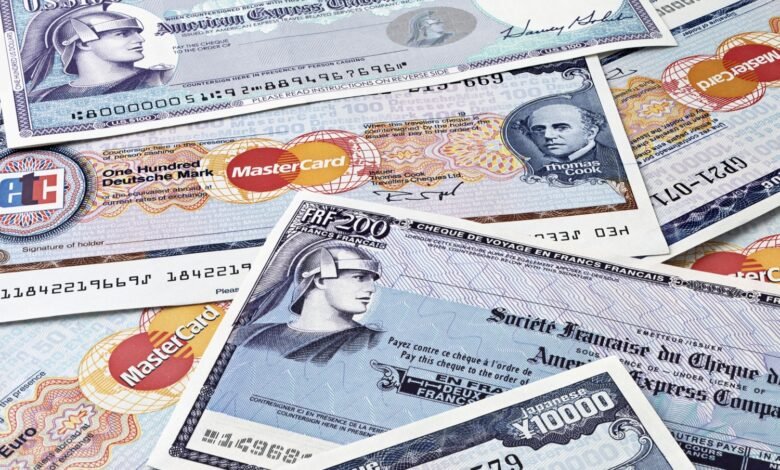
Traveler’s checks were once a staple for international travel, providing a secure and convenient way to carry money abroad. Although their usage has declined due to modern alternatives like credit cards and digital wallets, traveler’s checks still offer unique benefits, especially for certain types of travelers and destinations. Here’s a detailed guide on what they are, how they work, and why you might still consider using them.
What Are Traveler’s Checks?
Traveler’s checks are pre-printed, fixed-amount checks issued by financial institutions, designed to be a secure and globally accepted payment method for travelers. They can be exchanged for cash or used directly at participating merchants.
How Do Traveler’s Checks Work?
- Purchase:
- Buy traveler’s checks in your home currency or a foreign currency from banks, financial institutions, or travel agencies.
- Sign Upon Receipt:
- Sign the check as soon as you receive it to validate it.
- Use While Traveling:
- Present the check to a merchant or bank, along with a valid ID, and countersign it in their presence.
- Exchange for Cash:
- Traveler’s checks can also be exchanged for local currency at banks or currency exchange offices.
Benefits of Traveler’s Checks
1. Security
- Non-Cashable if Lost or Stolen:
If you lose your traveler’s checks or they are stolen, they can be replaced, usually within 24 hours. - Fraud Protection:
Requires signature verification, making unauthorized use difficult.
2. Acceptance Worldwide
- While not as common today, many banks, hotels, and large businesses still accept traveler’s checks, especially in major tourist destinations.
3. No Expiry Date
- Traveler’s checks do not expire, so you can save unused checks for future trips.
4. Budget Control
- Helps manage spending by allocating a fixed amount for travel expenses.
Drawbacks of Traveler’s Checks
- Limited Acceptance:
- Many merchants no longer accept them due to the rise of credit cards and digital payments.
- Fees:
- May include purchase fees, exchange fees, or fees for cashing them.
- Inconvenience:
- Require finding locations that accept or exchange them, which may not be readily available in remote areas.
When Should You Consider Traveler’s Checks?
- Traveling to remote areas with limited access to ATMs or credit card facilities.
- Visiting destinations with higher risks of card fraud or theft.
- For backup funds during international travel.
Alternatives to Traveler’s Checks
- Credit and Debit Cards:
Widely accepted and convenient for both purchases and cash withdrawals. - Prepaid Travel Cards:
Reloadable cards designed for international travel. - Digital Wallets:
Mobile payment apps like Apple Pay, Google Pay, and PayPal. - Cash:
Still essential for small purchases and remote locations.
Tips for Using Traveler’s Checks
- Keep Records:
- Note the serial numbers of your checks in case of loss or theft.
- Carry ID:
- Always have a government-issued ID to use the checks.
- Locate Exchange Points in Advance:
- Research banks or businesses in your destination that accept traveler’s checks.
Travel with Confidence
At Yamama Travel and Tours, we prioritize your security and convenience while traveling. From travel tips to comprehensive booking services, we are here to assist you every step of the way.
Contact Us Today!
📞 Plan your safe and secure trip now: Contact Us



